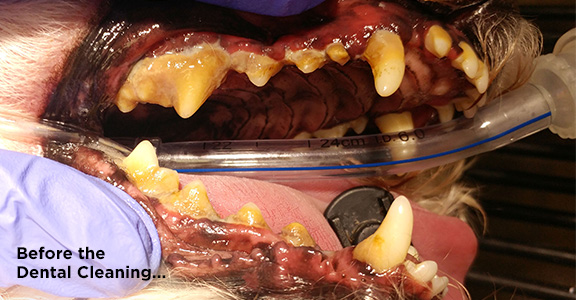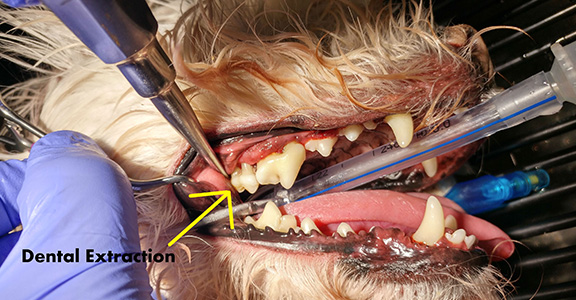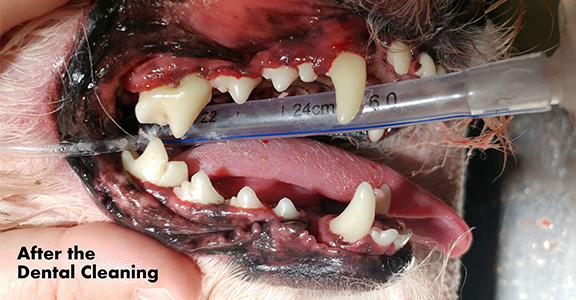Almost every pet owner in central North Carolina is aware of heartworms. This dreaded pest is all too common in our area, and can cause significant disease (and even death) in affected animals. Thankfully we have some very good medications that can kill immature heartworms before they can cause disease. Moreover, these medications have additional benefits that make it that much more important to give our pets a heartworm preventative every month. Here are a few facts about heartworms and their prevention:
- Heartworms are transmitted by mosquito bites. While the mature heartworm lives within (and causes damages to) the heart, immature heartworm larvae float through an infected animal’s bloodstream. Mosquitoes can ingest these larvae as they take their blood meal, and eventually can transmit the heartworm larvae into the bloodstream of other animals when the mosquito takes another meal. Mosquitoes may slow down over the winter, but they do not go away – heartworm prevention is therefore imperative every month where we live.
- Heartworms are not contagious. Heartworm larvae must live in the mosquito for a while before they can be transmitted to another animal. Nonetheless, heartworm disease is much more common in areas where mosquitoes and unprotected dogs and cats abound.
- Cats can also suffer from heartworm disease. In fact, the incidence of heartworm exposure in cats is equal to, if not greater than, the incidence of feline leukemia (FeLV) or feline immunodeficiency virus (FIV). Cats may suffer a number of heartworm-related illnesses that can range from a chronic cough to sudden death. And not only can cats develop heartworm disease, there is no treatment available for cats. Please do not be lulled into thinking that your indoor cat is safe from heartworms; in a recent North Carolina study, 28% of cats diagnosed with heartworms were indoor-only. Mosquitoes can and will find their way into your house.
- Heartworm prevention kills more than just heartworm larvae. Commonly-used medications like Heartgard Plus and Revolution also kill the larvae of a number of intestinal worms, like roundworms and hookworms. Intestinal worms share one characteristic with heartworms – they are endemic to our area. They differ in several other respects, however. Intestinal worms are not transmitted by mosquitoes; instead, intestinal worms produce eggs which pass out of the infected animal when it defecates. These eggs are rather sticky, and attach to other animals’ paws when they walk across ground where infected animals have defecated in the past. The animal then licks its paws, and the eggs are transported to the animal’s intestines where the worms quickly set up residence. This is but one example of the timeless “fecal-oral” route of transmission, which is rather gross but all too common.
Another unpleasant thing about intestinal worms – people can get them. We seem to be pretty resistant to heartworms, but not intestinal worms. If you have a strong stomach, Google the phrase “larval migrans” and look at some of the images. This is not something you want a family member to contract!
I’ve often thought that heartworm prevention should be called worm prevention. It does not prevent every intestinal worm out there, but it does prevent a number of the more common varieties. And so, for both the safety of your pet as well as your family, please be sure your dog or cat receives a good heartworm preventative every month without fail.











